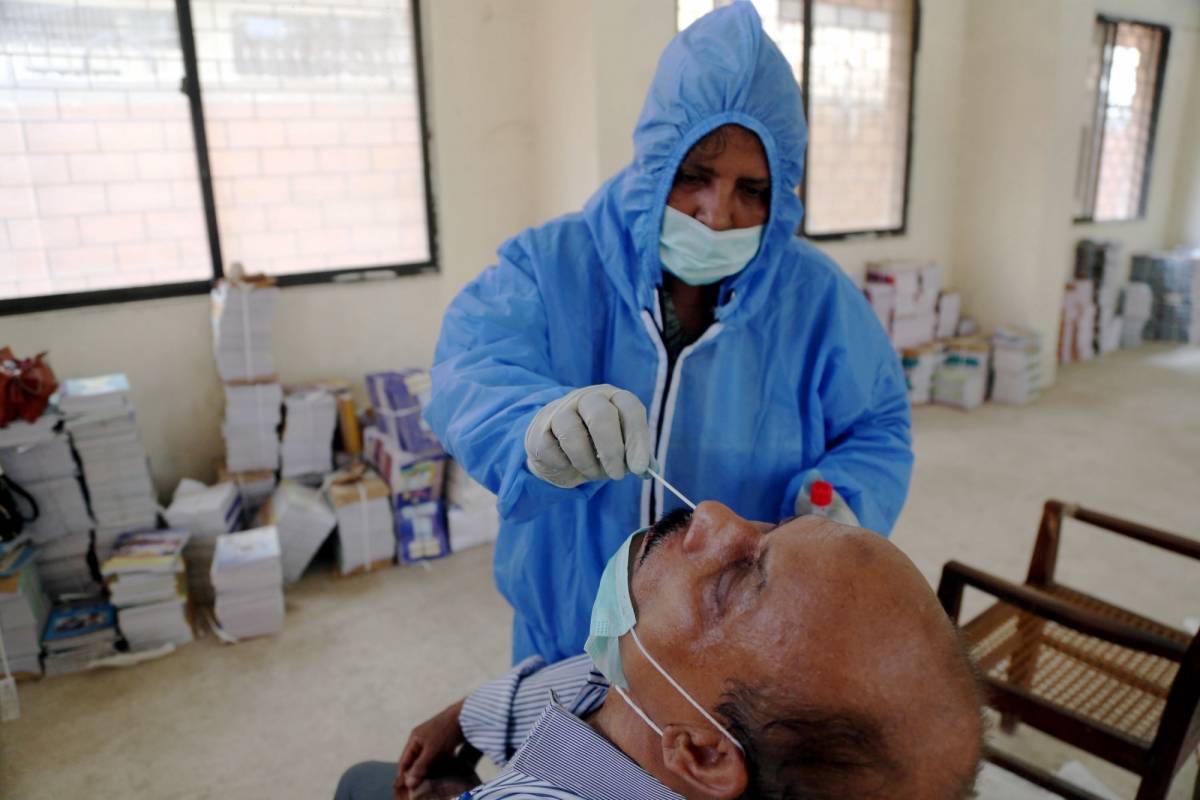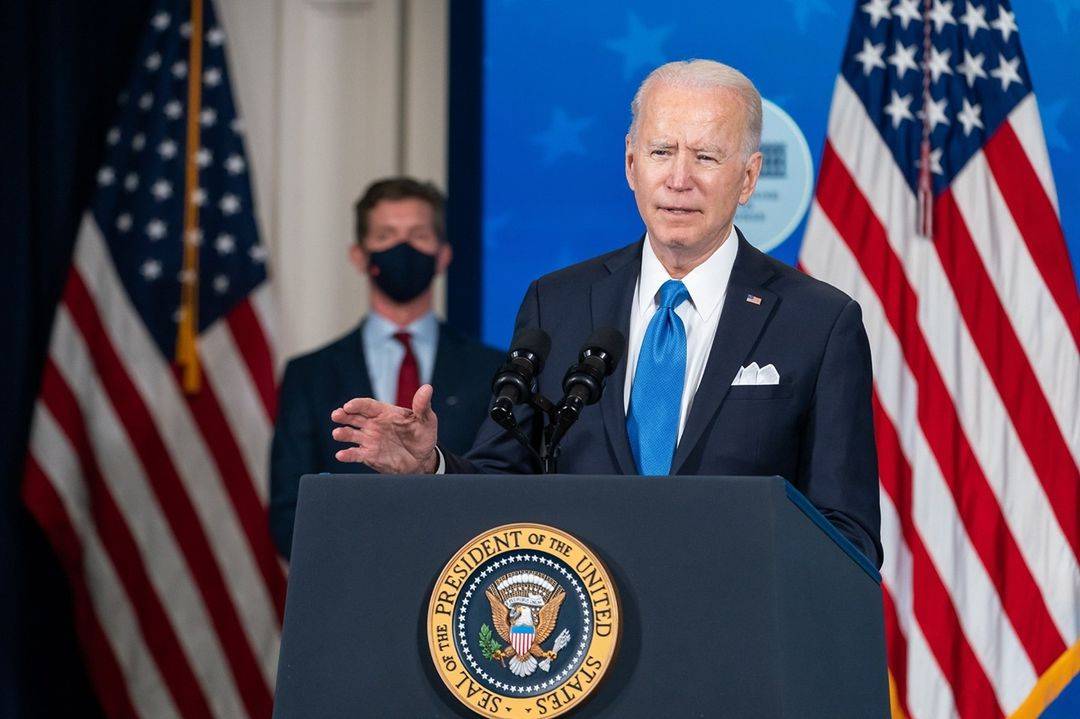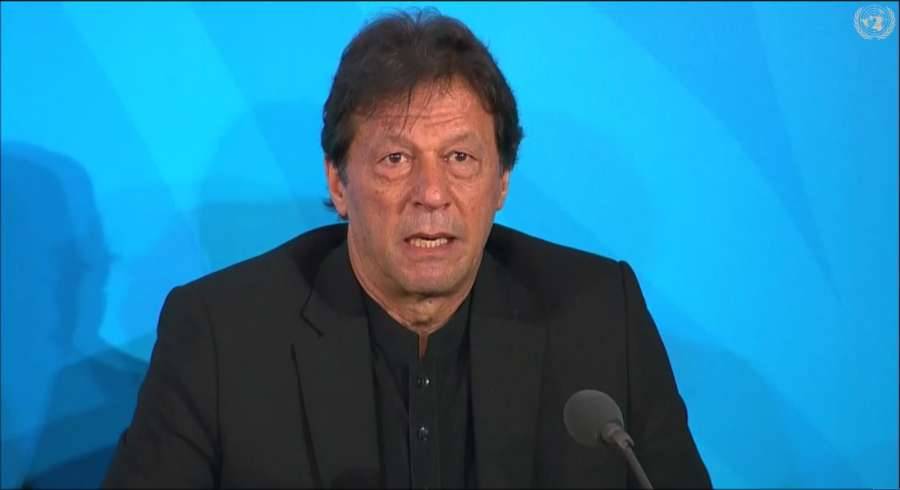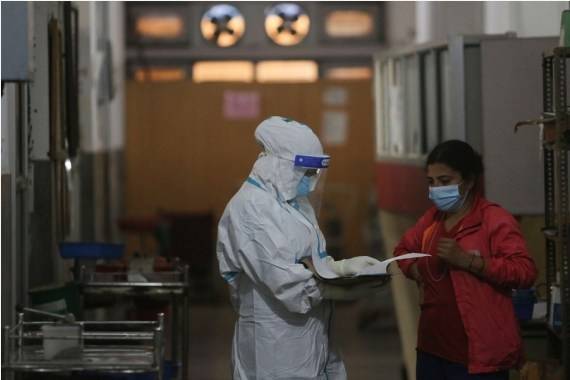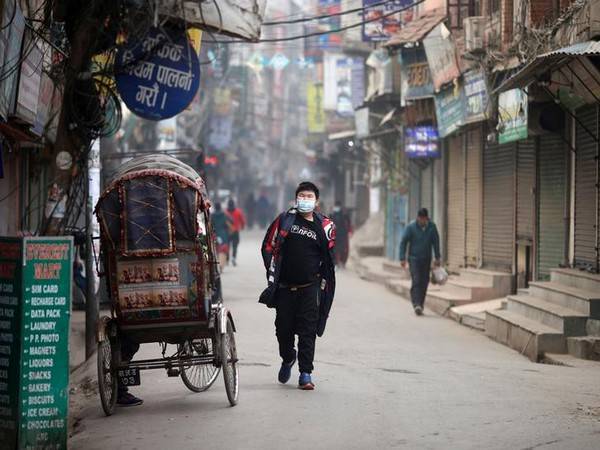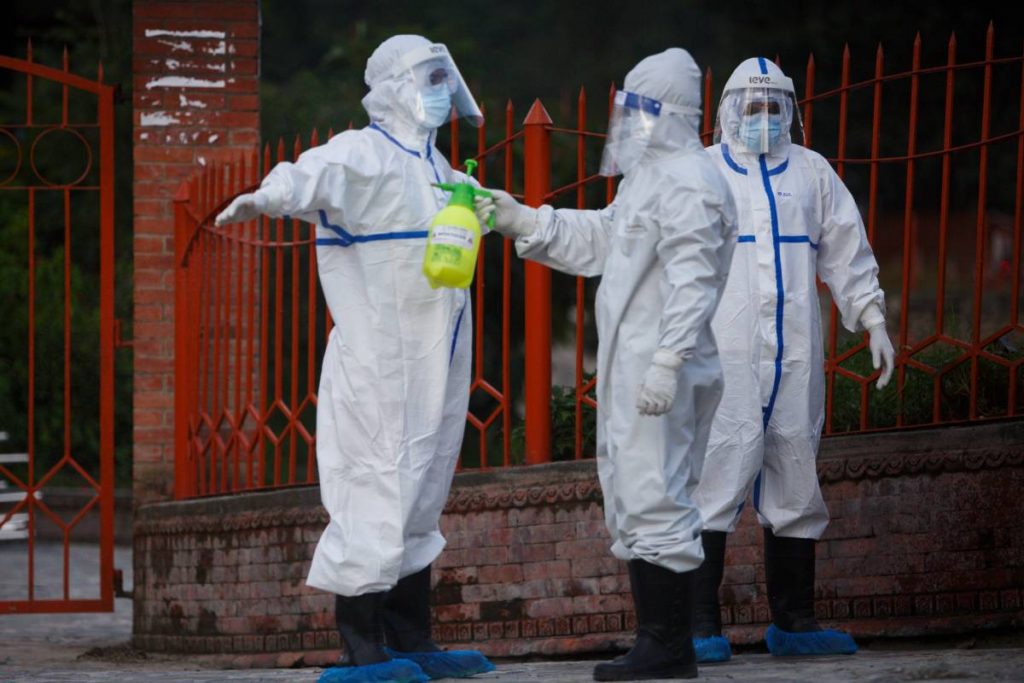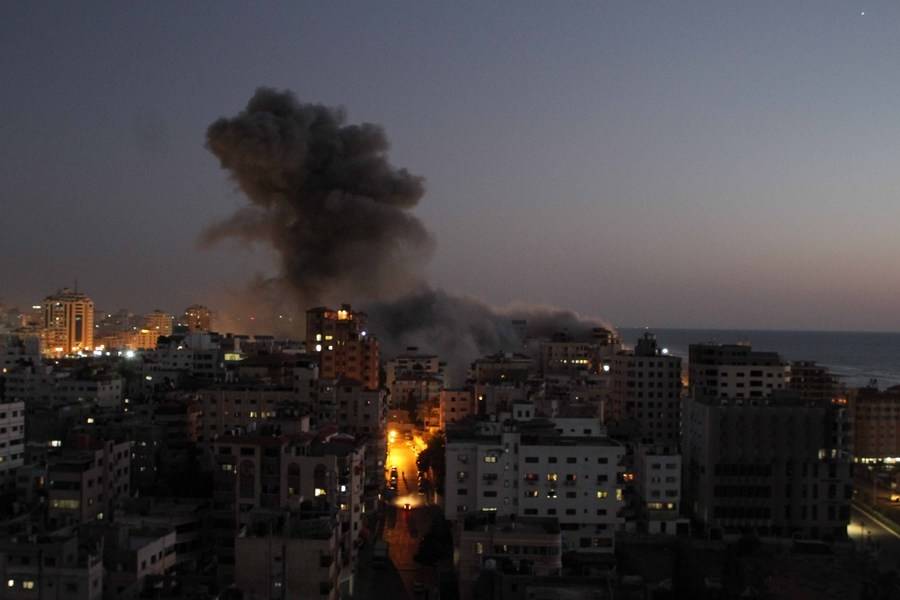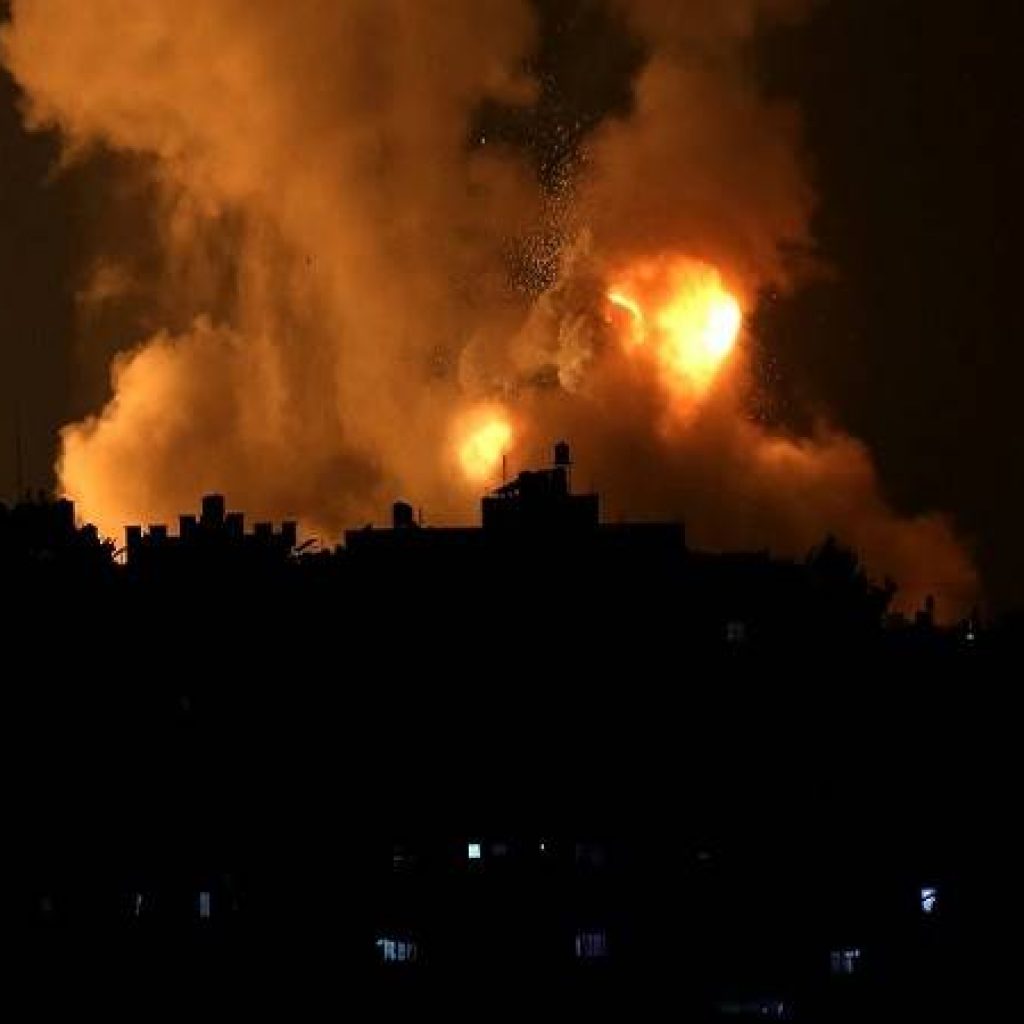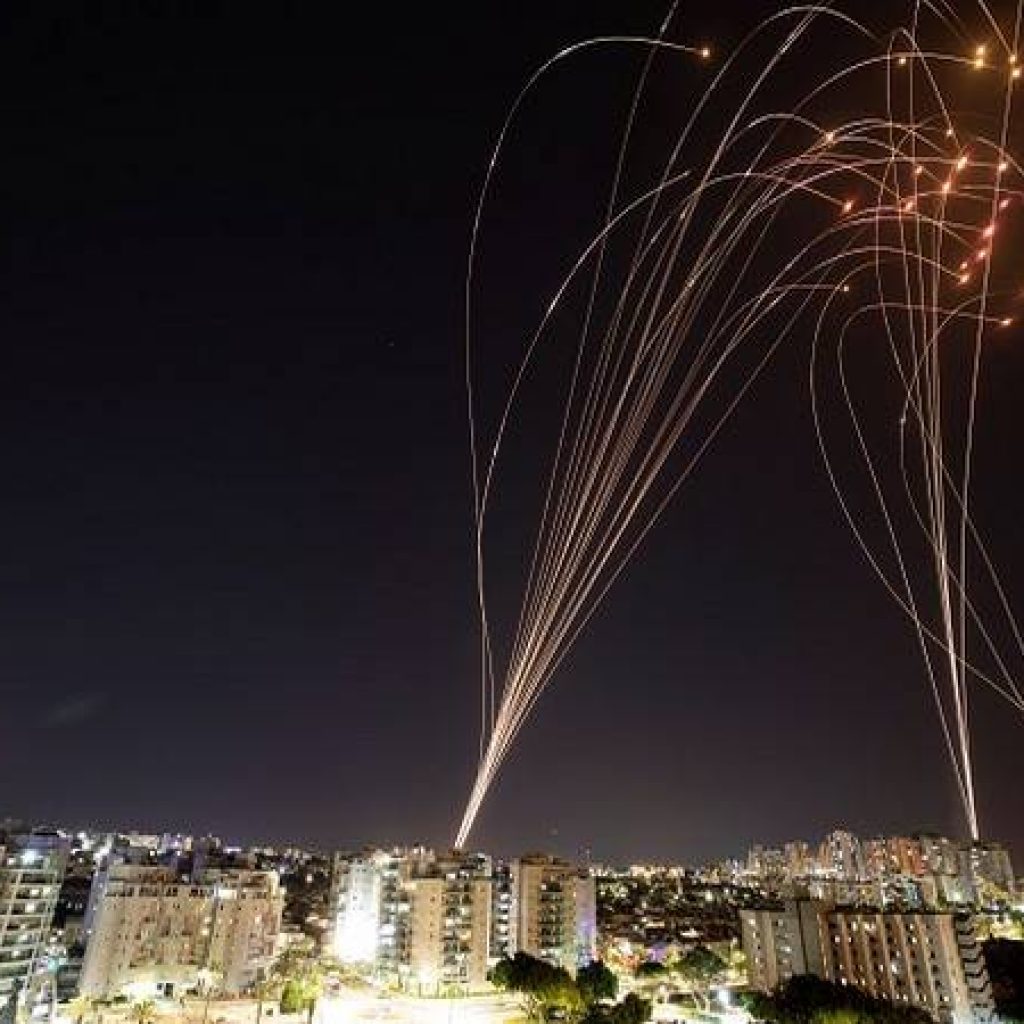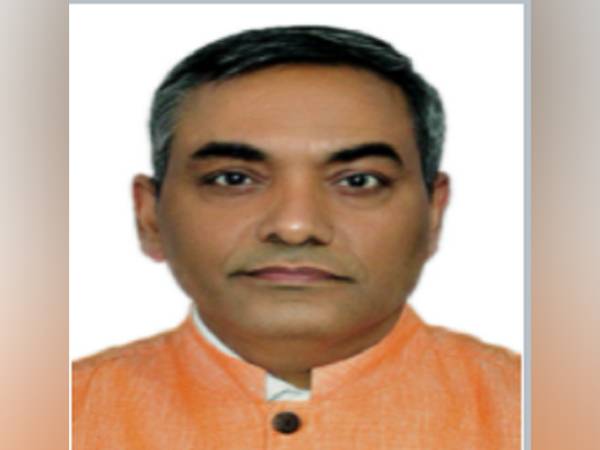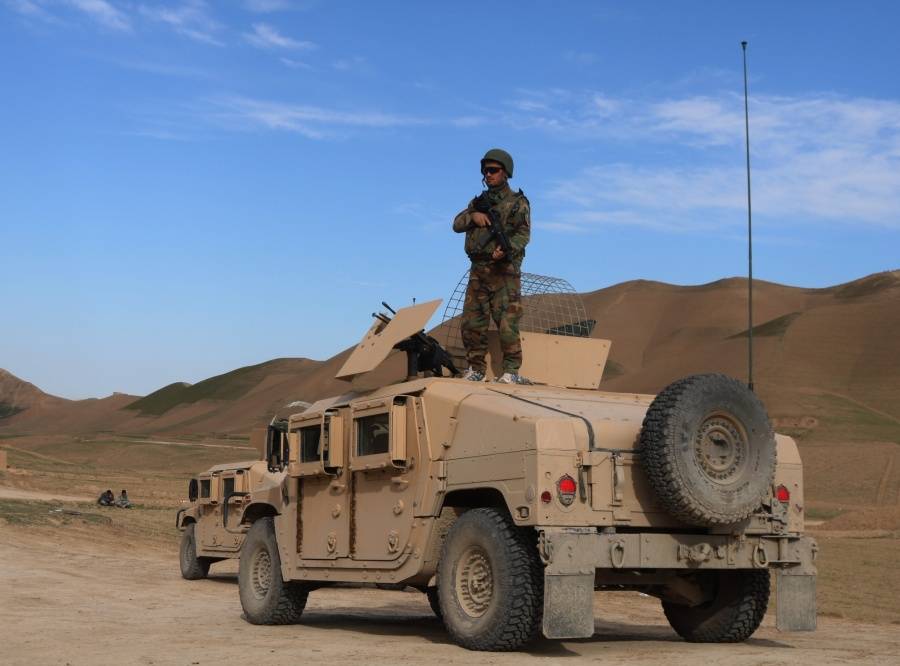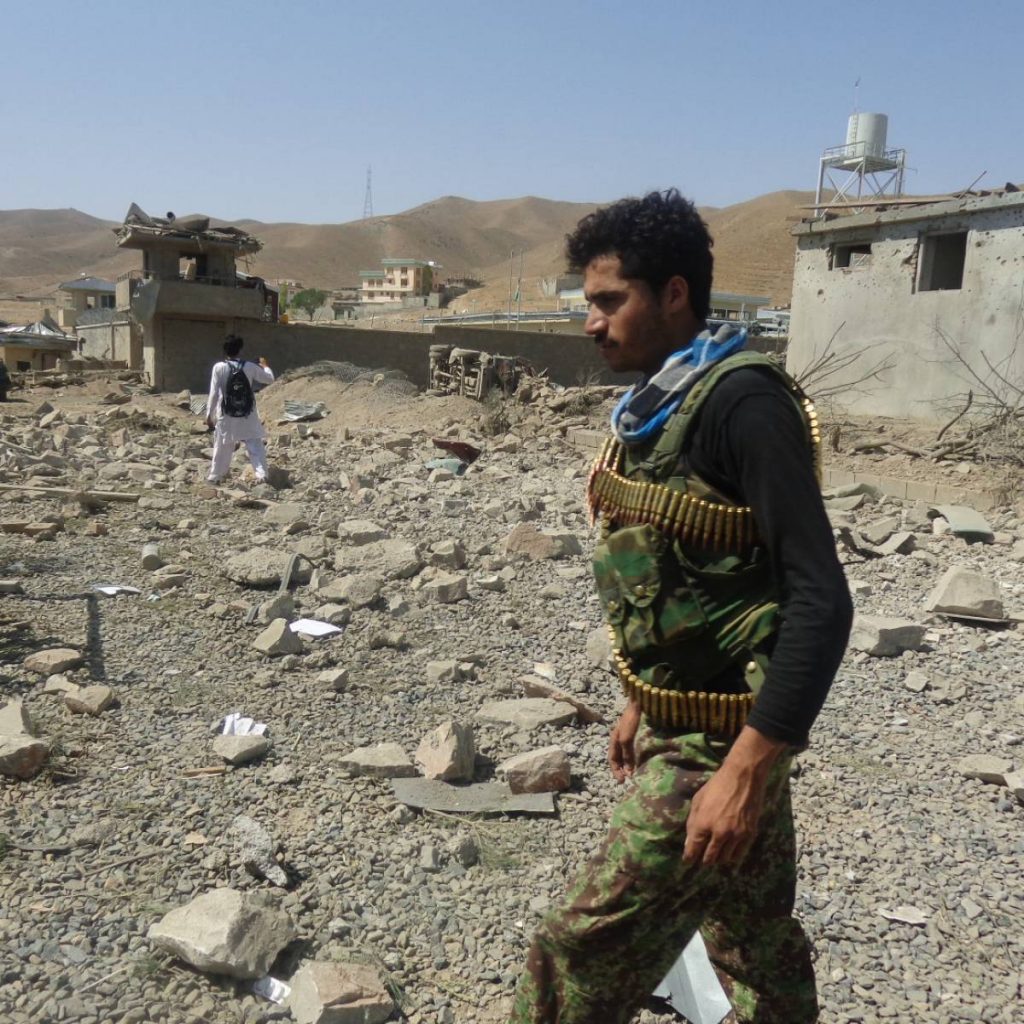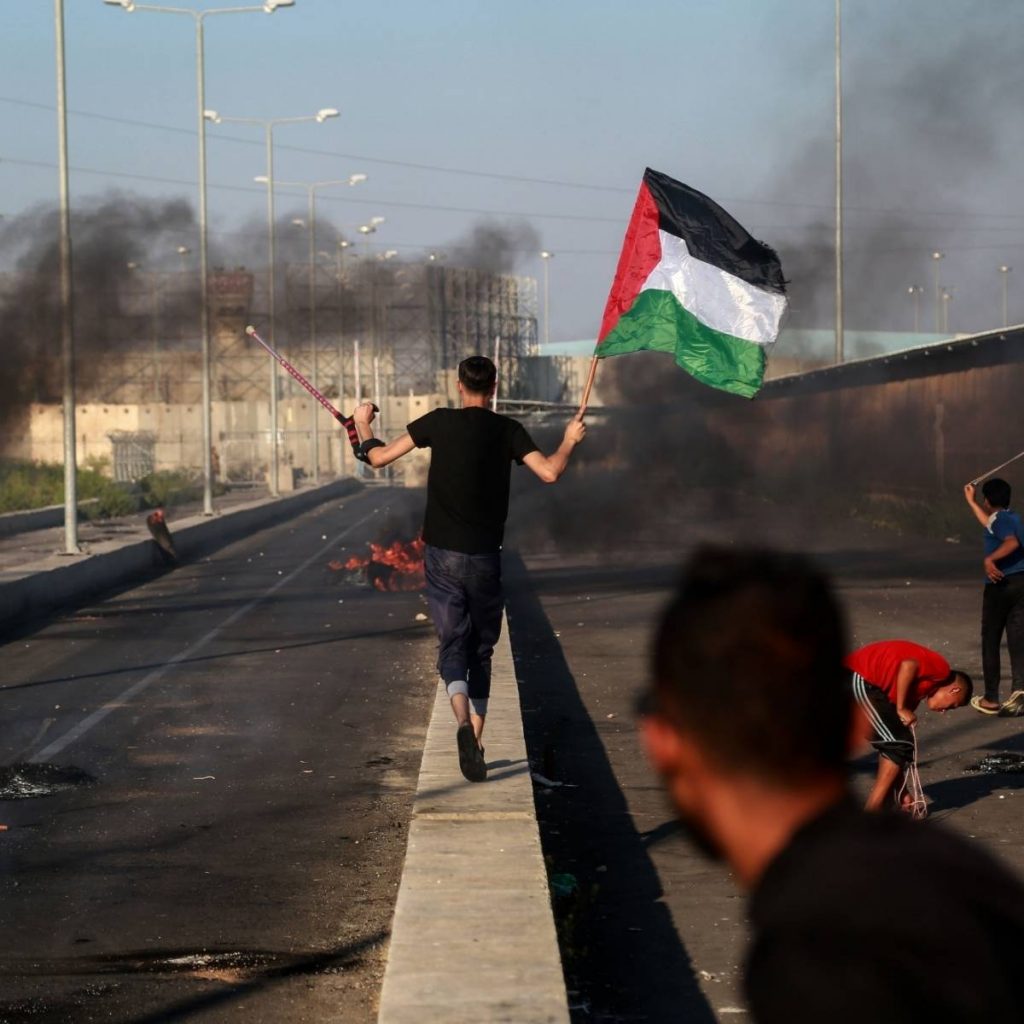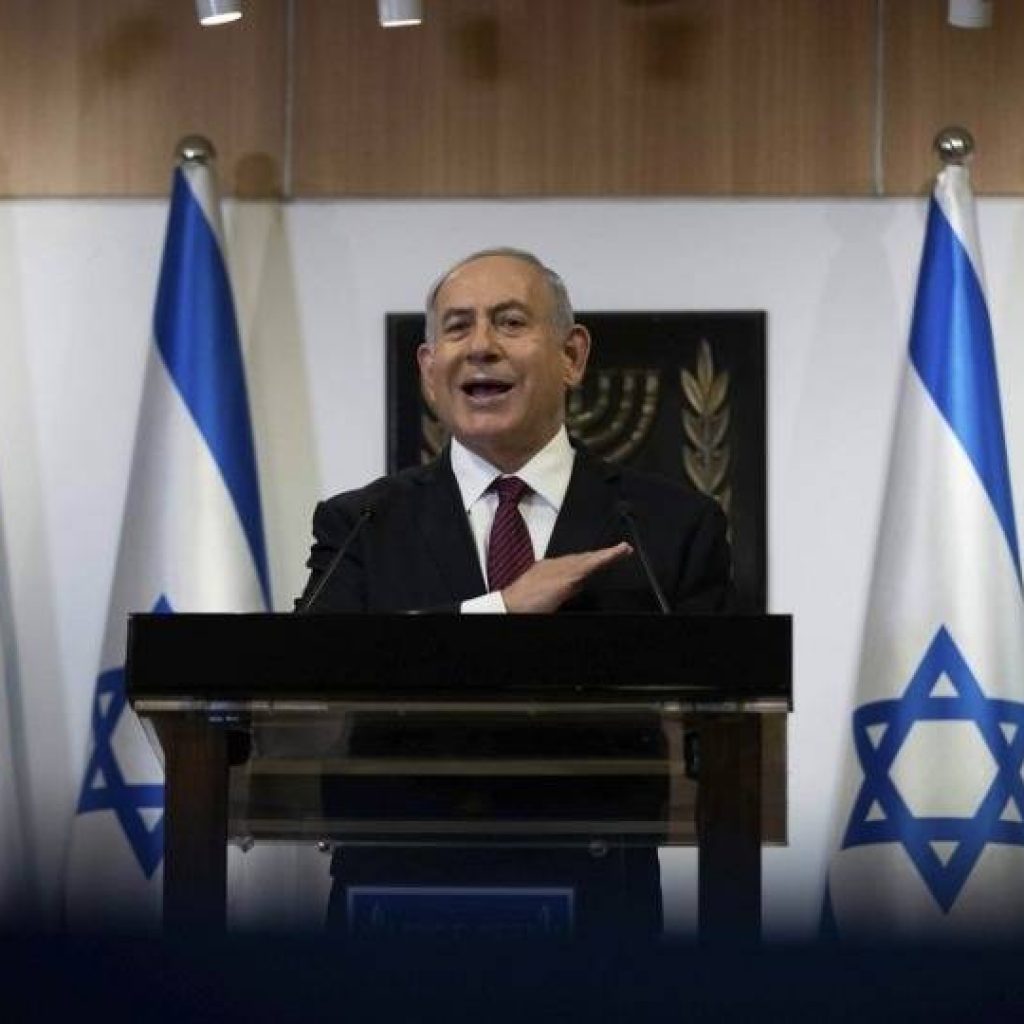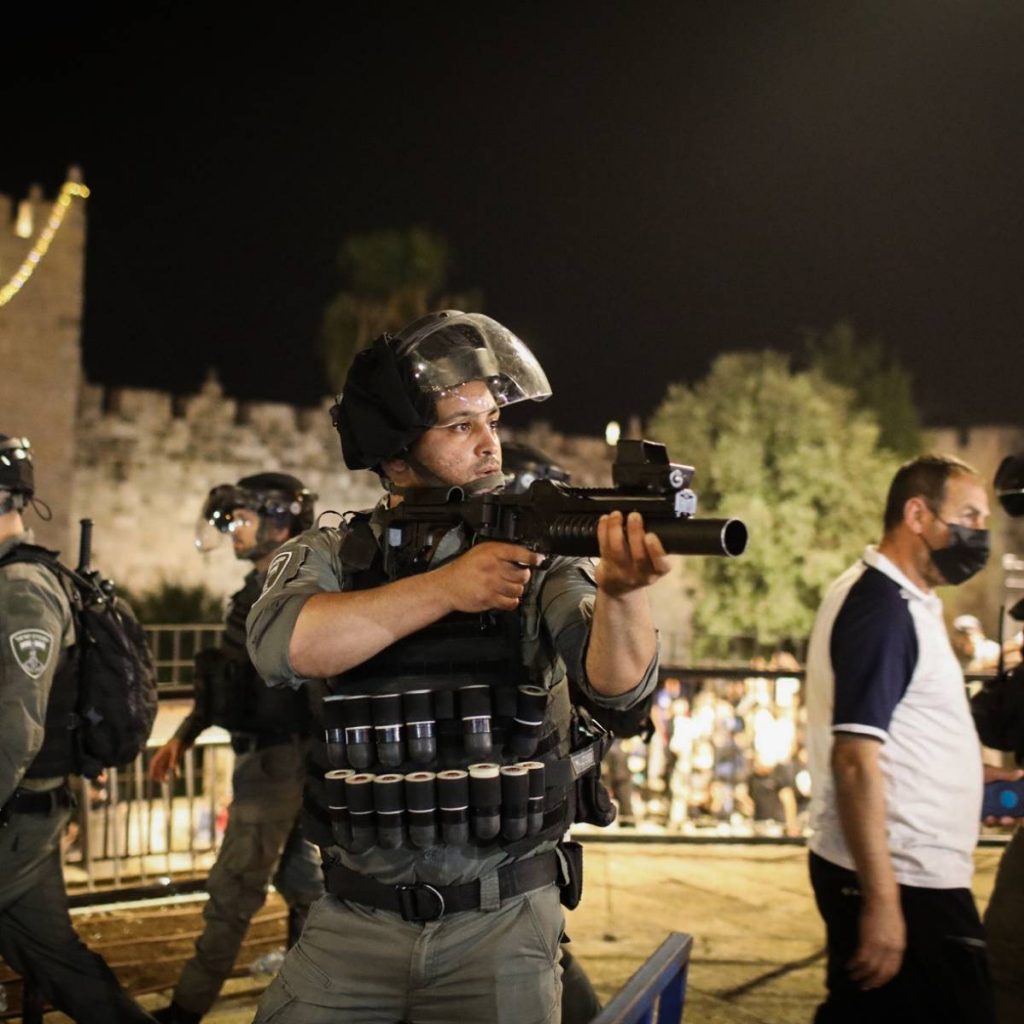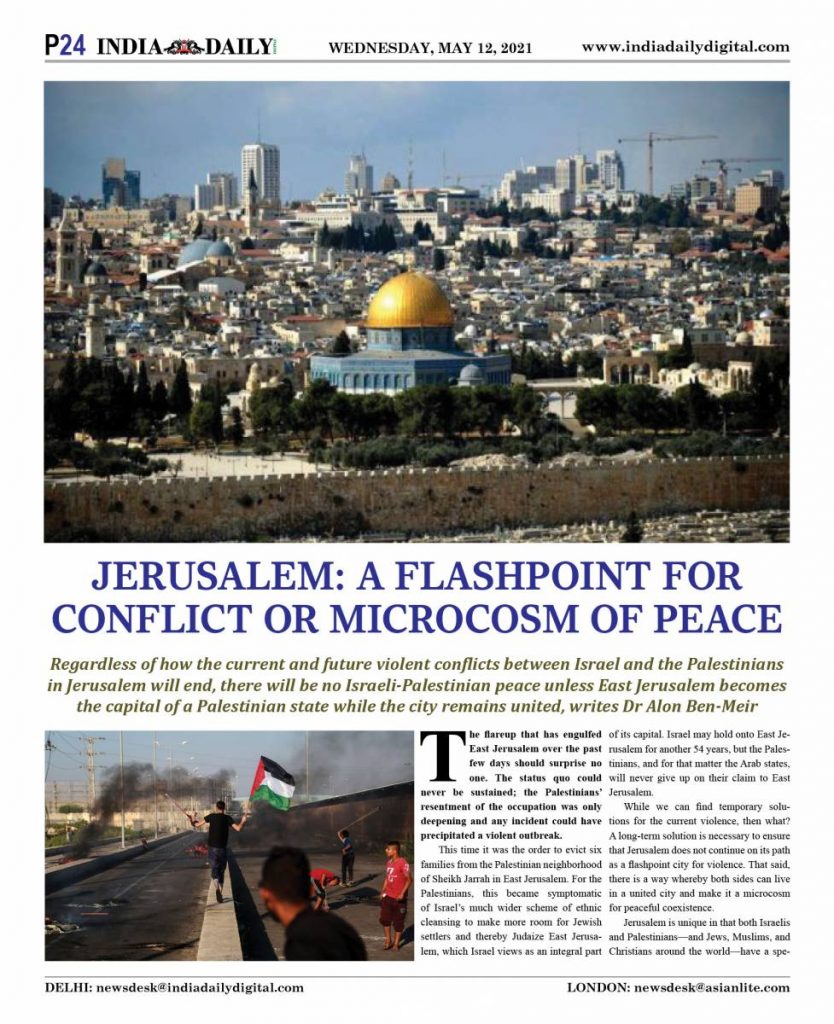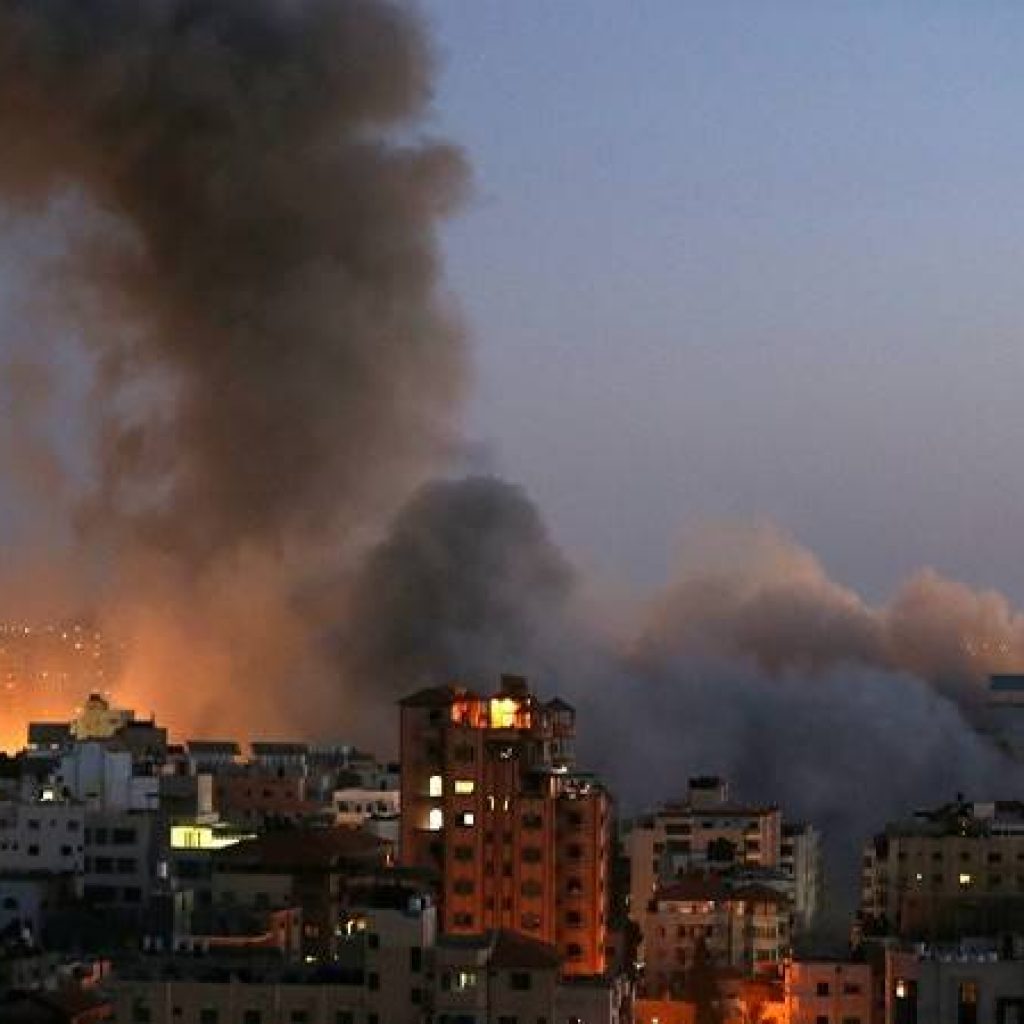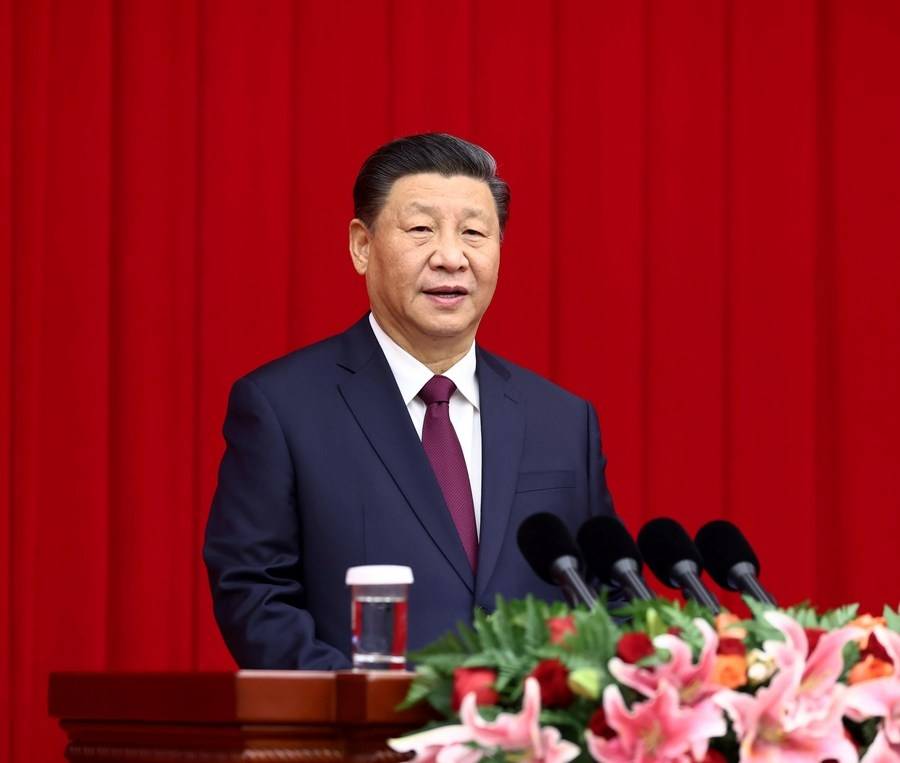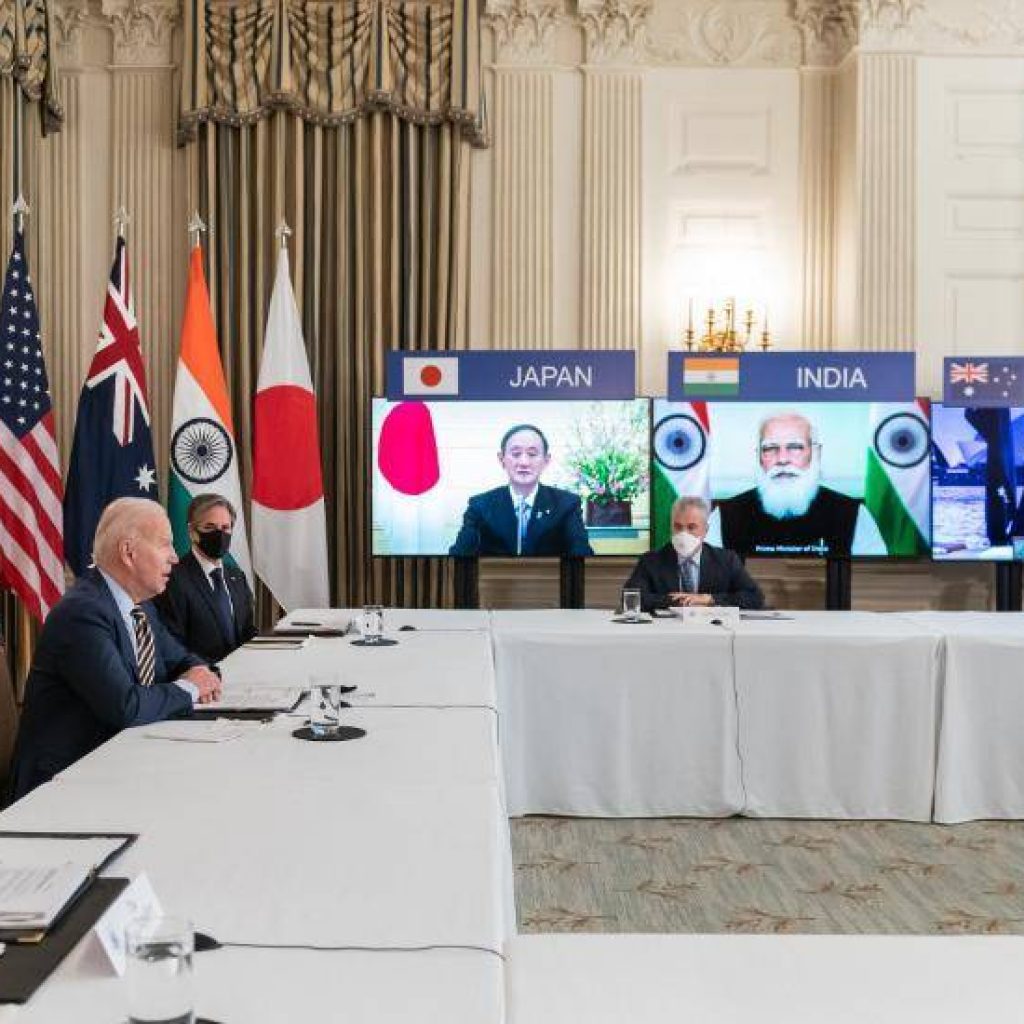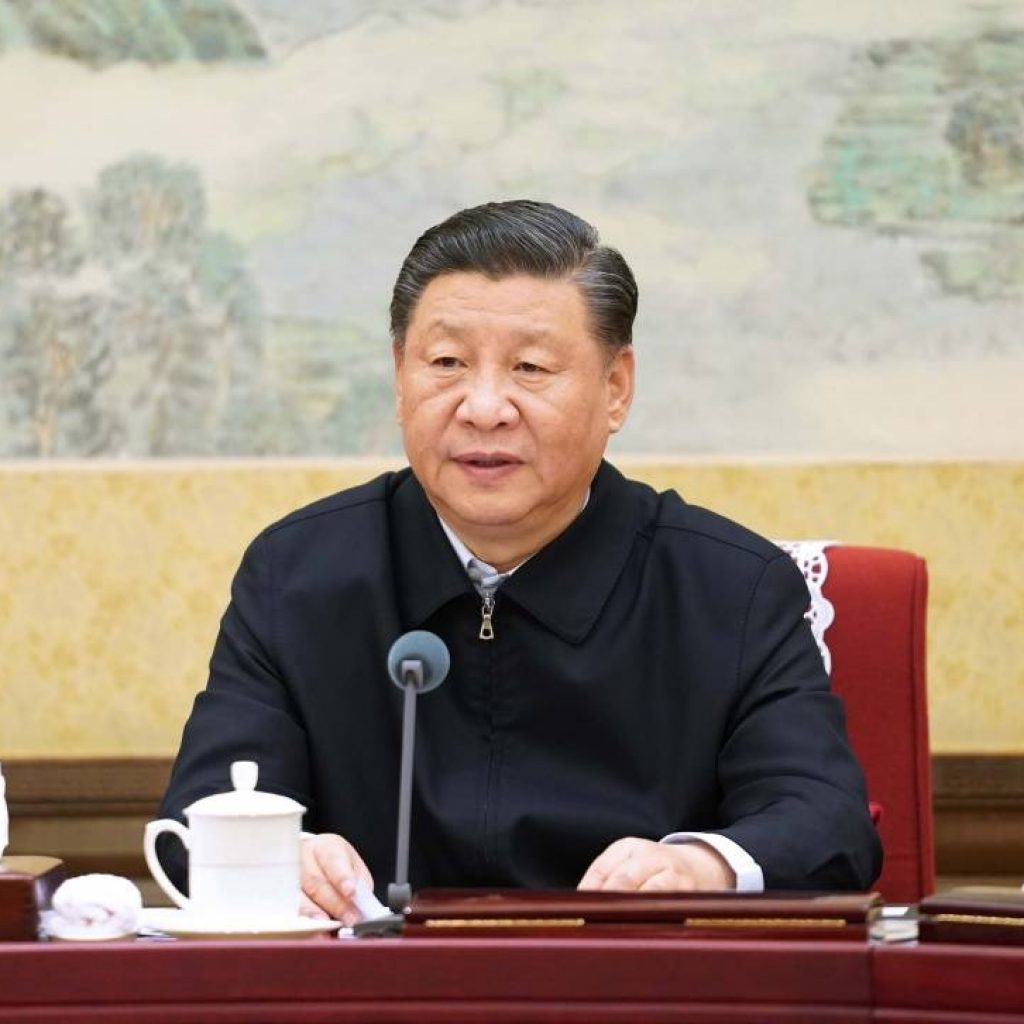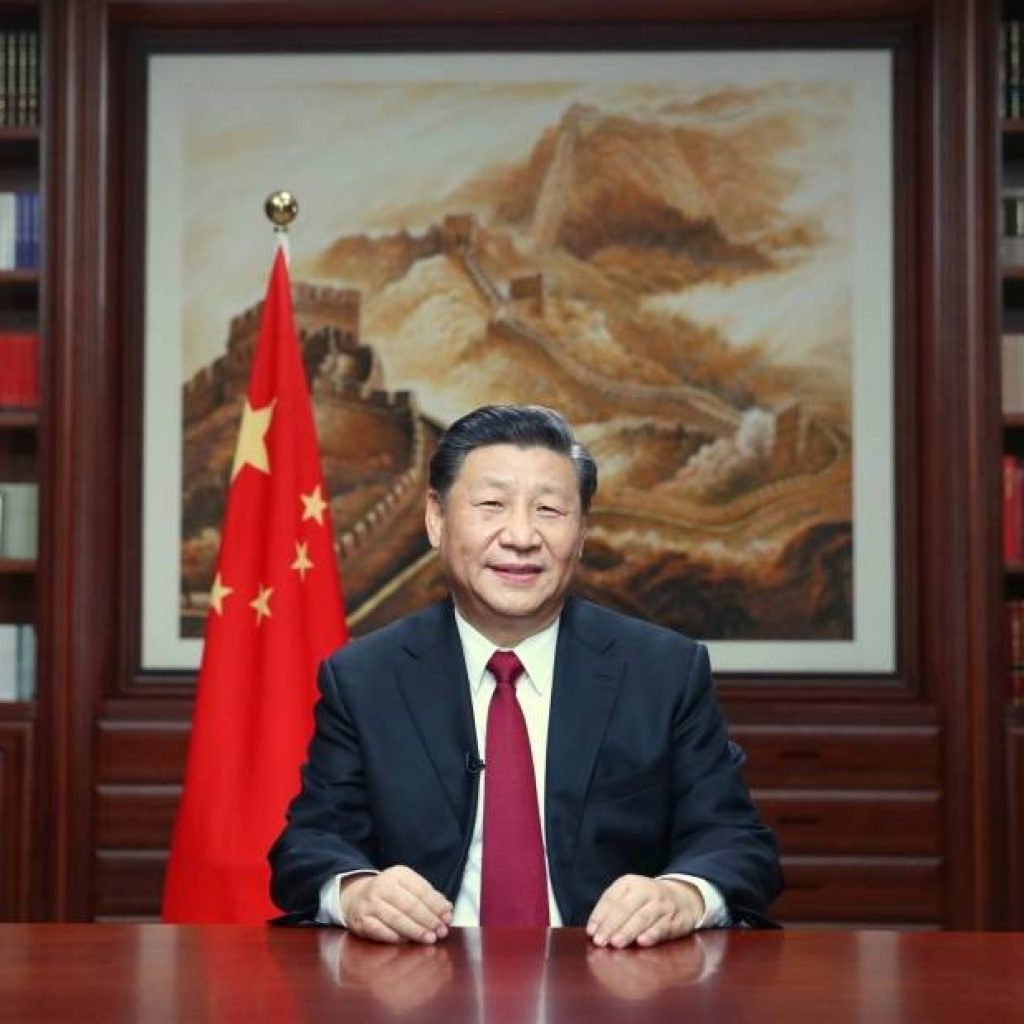Experts said Pakistan’s vaccination drive is moving at a very slow pace….reports Asian Lite News
Pakistan has been able to vaccinate only 0.8% of its total population so far and experts said the reason for this low rate are negative publicity and a shortage of vaccines, DW reported.
Experts said Pakistan’s vaccination drive is moving at a very slow pace. As of May 6, Pakistan had vaccinated 3.32 million people or just 0.8% of its population of 216 million. The percentage of vaccinations per 100 people also stands at just 1.53%, against the global average of 16.44%, DW news reported.
Both the federal and provincial governments have set up hundreds of vaccination centres. However, experts say that a combination of limited vaccine availability and widespread hesitancy due to negative publicity have contributed to the low number of inoculations relative to the population.
More than 860,000 infections have been reported in the country since the start of the pandemic, while nearly 19,000 people have died, as reported by DW news.
Dr Abdul Ghafoor Shoro of the Pakistan Medical Association believes “it could take up to a decade to inoculate every citizen if the country continues its vaccination drive at the current pace. Even health care workers are still waiting to be vaccinated,” Shoro told DW. Citizens, he added, “have also expressed some hesitancy due to propaganda against the vaccine.”
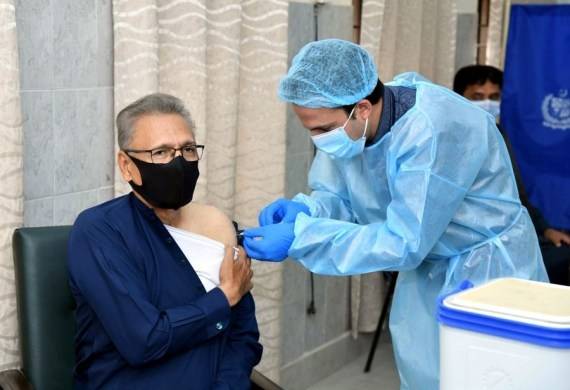
Meanwhile, the Brazilian, South African, and UK variants could quickly plunge the country into a deeper health crisis, he said.
Dr Ashraf Nizami, a Lahore-based medical expert, said that the government did not do enough to counter the negative media that is attracting the attention of millions on social media. Both Nizami and Shoro believe that rumours about side effects of the vaccines, especially regarding the AstraZeneca inoculation, are contributing to widespread hesitancy.
ALSO READ: Covid-19 surge continues in Pakistan
Muhammad Iqbal Khan Afridi, a parliamentarian from the ruling Tehreek-e-Insaf party, echoed those beliefs. Out of 35 family members, he said he was the only one to get the vaccination so far. Afridi added that influential clerics are also using mosques to spread negative messages about the vaccine.
A number of prominent clerics and personalities, including a famous defense analyst, have voiced vehement opposition to the vaccine, coming up with conspiracy theories and calling on citizens not to get vaccinated, reported DW news.
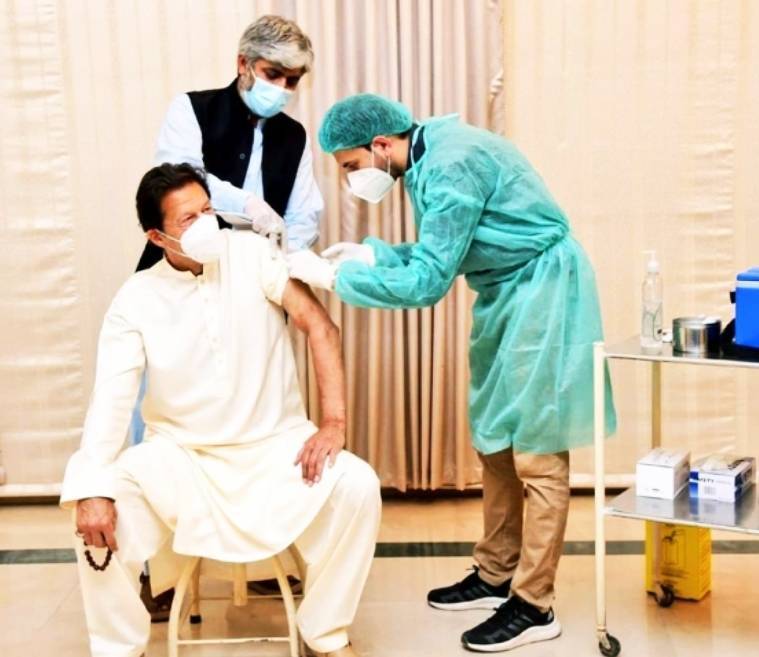
Such messages are not new in the South Asian country, where clerics and extremists have openly opposed the polio vaccine, keeping Pakistan on the list of just a few nations where the disease still exists. Several attacks against those issuing polio vaccines have also been reported in previous years.
Meanwhile, in Sindh, authorities have launched a center that could be used to vaccinate 30,000 people a day. “We are setting up more such centers and will ask people over the age of 18 to just walk in,” Pechuho told DW. “A mobile service is also vaccinating those who are bedridden and people with disabilities.”
Additionally, the government of Punjab, Pakistan’s most populous province, is setting up new centers to offer the vaccine to around 80,000 people per day.
Rashid believes that Pakistan will solve its vaccination issue. “We are seeking cooperation with China, which has agreed to get vaccines filled and packaged in Pakistan,” he said, adding that the Drugs Regulatory Authority is allowing another Chinese company to carry out clinical trials of a different vaccine which would consist of three doses.
“With all of this, we will not have a supply problem and will have enough vaccines to vaccinate all Pakistanis,” he said. (ANI)

